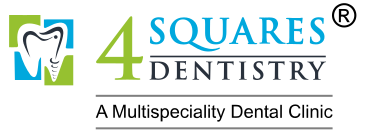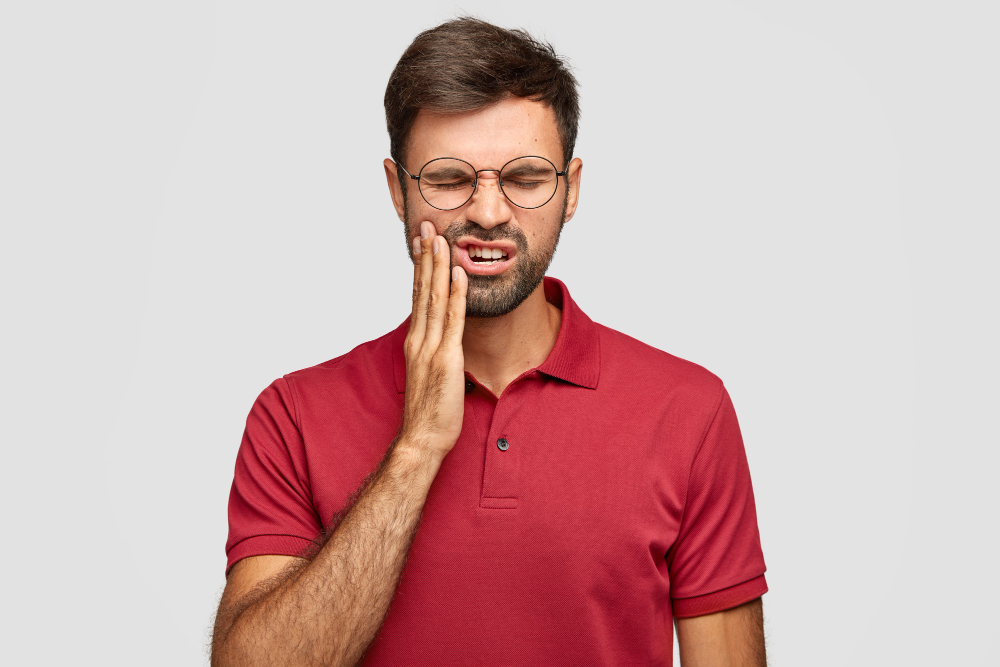What is Bruxism?
Bruxism is the medical term for grinding or clenching your teeth. Many people do this without knowing, especially at night. Often, bruxism can lead to worn teeth, jaw pain, and headaches. Because it happens during sleep, you may not notice it right away. However, early treatment can help prevent further damage. According to the American Dental Association, bruxism affects both children and adults.
Common Symptoms of Bruxism
Bruxism symptoms can vary from person to person. Still, there are some signs you can watch for. If you notice any of these, it may be time to talk to your dentist:
Sometimes, you may not have any symptoms. Even so, your dentist can spot signs of bruxism during a checkup.
Causes and Risk Factors
There are many possible teeth grinding causes. While the exact reason is not always clear, several factors can increase your risk. For example, stress and anxiety are common triggers. In addition, certain habits and health conditions may play a role. Here are some common causes and risk factors:
Because many factors can lead to bruxism, it is important to find the root cause for proper treatment.
How Bruxism is Diagnosed
Diagnosing bruxism usually starts with a dental exam. Your dentist will look for signs of wear on your teeth. They may also ask about your symptoms and sleep habits. Sometimes, your dentist will ask if you wake up with jaw pain or headaches. In some cases, they may suggest a sleep study. This can help rule out other sleep disorders. Early diagnosis is key to preventing long-term damage.
Treatment Options for Bruxism
There are several effective bruxism treatments. The best option depends on the cause and severity of your teeth grinding. Your dentist may recommend one or more of the following:
Because each person is different, your dentist will help you choose the right treatment plan.
Lifestyle Tips and Prevention
Making small changes in your daily life can help prevent or reduce bruxism. Here are some helpful tips:
With these steps, you can lower your risk and protect your teeth.
When to See a Dentist
If you notice signs of bruxism, do not wait to seek help. Early treatment can prevent serious problems. You should see a dentist if you:
Remember, your dentist can help you find the best way to stop bruxism and protect your smile.
If you think you may have bruxism, consult a dentist for personalized advice and treatment options.

